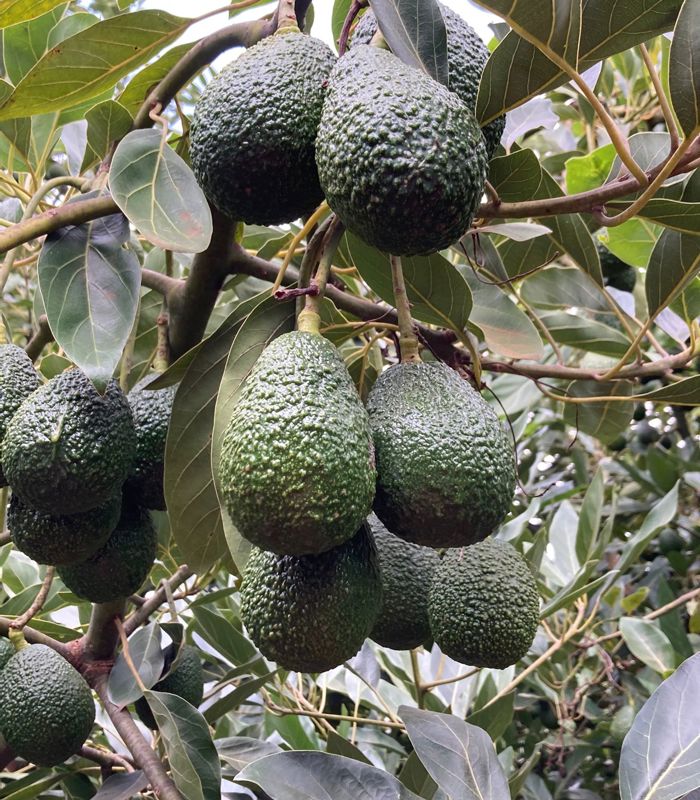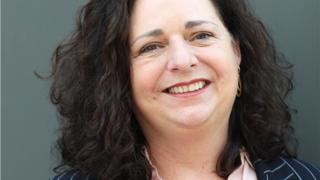The project is a great example of collaboration between all green academies and universities of applied sciences. Taskforce for Applied Research SIA (Regieorgaan SIA) called for research into food loss / waste and food quality in Kenya. Marjo Baeten and Peter Bouma from HAS International Projects (HIP) answered this call and co-wrote the proposal together with project coordinator Van Hall Larenstein University of Applied Sciences, Aeres University of Applied Sciences and Inholland University of Applied Sciences.
Partners in Kenya were easy to find, thanks to the intensive and enduring partnership between HAS, Egerton University and Meru University. Project leader Peter Bouma is responsible for overseeing the content and progress of each graduation assignment, so that it is possible to present a complete and coherent research project in two years’ time. The project started in early June 2022.





